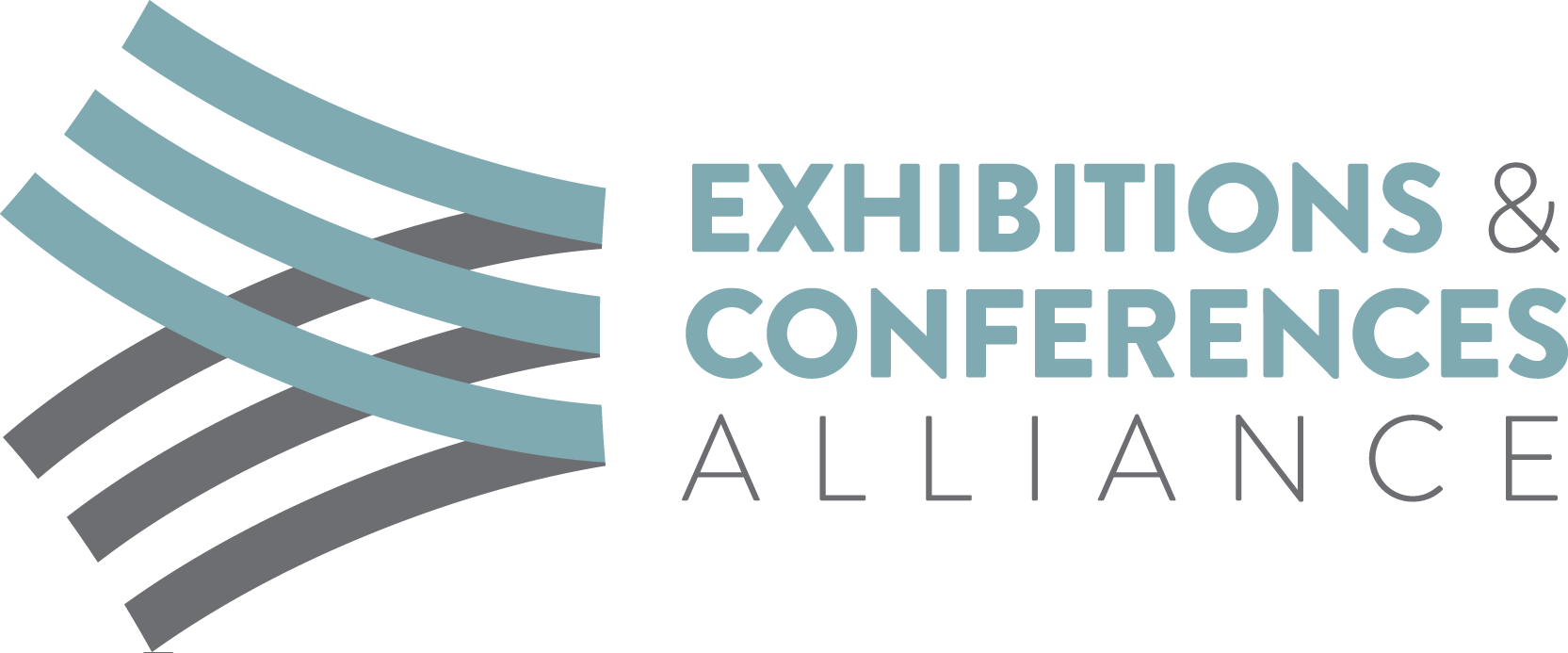President Trump Announces a Series of Product-Specific Tariffs
)
On September 25, President Donald Trump announced new tariffs on heavy trucks, pharmaceuticals and select furniture and cabinetry, effective October 1, 2025, pending formal issuance in the Federal Register. It has been widely reported that these tariffs are likely to be levied under Section 232 of the Trade Expansion Act of 1962. Section 232 tariffs are currently in effect on steel, aluminum, copper and automobiles, with additional investigations ongoing. Section 232 has become a favored tool of the Trump administration to impose “reshoring tariffs” designed to encourage manufacturers to shift production of targeted goods from other countries back to the United States for national security-related reasons. The president’s announcements are the latest effort to revitalize domestic manufacturing across a range of strategically important industries.
Below is a summary and analysis of the president’s statements along with some background on Section 232 investigations.
SECTION 232 OF THE TRADE EXPANSION ACT OF 1962Section 232 of the Trade Expansion Act of 1962 empowers the Department of Commerce’s Bureau of Industry and Security (BIS), in consultation with the Department of Defense, to determine if the importation of a product threatens the national security of the United States. Courts have generally deferred broadly to presidential discretion about what constitutes a national security concern for the purposes of Section 232. Once a Section 232 investigation concludes that there is a national security concern, the president can restrict imports and impose tariffs.
Section 232 investigations can take up to 270 days to complete, but the Trump administration has moved at a quicker pace than required by statute for a number of Section 232 investigations it has launched.
HEAVY TRUCKS (STATEMENT)President Trump announced he will be imposing a 25% tariff on “all ‘Heavy (Big!) Trucks’ made in other parts of the world,” in an effort to protect domestic manufacturers and support the financial health of American truck drivers. BIS initiated a Section 232 investigation in April to determine if the importation of medium to heavy-duty trucks and their related parts undermines U.S. national security.
As of 2025, China is the world’s largest manufacturer of medium and heavy-duty trucks, producing nearly 42% of all large trucks. China’s economy would be disproportionately impacted by any future tariff, which could further complicate U.S.-China trade negotiations. India, Japan and Germany also account for a significant portion of the world’s truck production. Although the United States is the second-largest producer of medium and heavy-duty trucks, its output only accounts for 13% of global production.
FURNITURE AND CABINETRY (STATEMENT)President Trump stated that “all Kitchen Cabinets, Bathroom Vanities, and associated products” would be subject to a 50% tariff, with “Upholstered Furniture” facing a 30% tariff. The president said trading partners are “flooding” the U.S. market with furniture and cabinetry products to the detriment of U.S. producers and national security.
BIS has not formally initiated an investigation into furniture imports, but U.S. officials have indicated that furniture imports are being investigated as part of the Section 232 investigation into lumber and timber. Of note, the Department of Commerce has imposed antidumping measures and countervailing duties on imports of wooden cabinets and vanities from China.
The United States is the world’s largest producer of wood and timber, with Canada also holding a significant market share. Additionally, China has increased its exportation of wood products in recent years, while also dominating furniture production. China accounts for over 55% of the world’s synthetic fiber production capacity, commonly used to produce upholstered furniture. Vietnam, Cambodia and Malaysia are also leading furniture producers, primarily serving the U.S. market.
The imposition of tariffs on imported furniture would disproportionately affect the hospitality sector. The short-term lodging industry is the largest purchaser of furniture in the United States, and increased tariffs could significantly increase procurement costs and potentially delay renovations or openings.
PHARMACEUTICALS (STATEMENT)President Trump announced that a 100% tariff would go into effect on “any branded or patented Pharmaceutical Product.” He emphasized that companies building a domestic manufacturing facility, in which “construction has started,” will be exempt from the duty.
BIS previously initiated a Section 232 investigation into the national security impacts of importing pharmaceuticals, pharmaceutical ingredients and derivative products. This included “finished generic and non-generic drug products, medical countermeasures, critical inputs such as active pharmaceutical ingredients (APIs) and key starting materials, and derivative products of those items.” Although the president’s recent announcement only addresses branded and patented products, generic drug products, API and precursor chemicals could still be impacted by future tariff announcements.
However, the president’s exemption for companies that are currently building manufacturing facilities could mitigate the immediate impact across the broader pharmaceutical sector, though uncertainty remains. While questions remain about the scope and applicability of this exception, many large pharmaceutical companies have taken steps to enhance their U.S. presence in light of the Trump administration’s long-standing concerns over the heavy reliance on the foreign production of APIs and finished pharmaceuticals, particularly from countries like China.
The president’s tariff announcement was bigger than some expected. In August, President Trump indicated tariffs on pharmaceutical products would start “small” and later increase over the next two years to as high as 250%.
STATE-OF-PLAY
To date, the Trump administration has launched 13 Section 232 investigations while also expanding two previous investigations on steel and aluminum. Most recently, BIS initiated additional Section 232 probes into personal protective equipment (PPE) and medical devices, as well as robotics and industrial machinery. The chart below shows the status of each investigation.
| Import | Announced | Status |
|---|---|---|
| Automobiles | March 26, 2025 | 25% Tariff – Effective April 4, 2025. |
| Steel | June 3, 2025 | 50% Tariff – Effective June 5, 2025. |
| Aluminum | June 3, 2025 | 50% Tariff – Effective June 5, 2025. |
| Copper | July 30, 2025 | 50% Tariff – Effective August 2, 2025. |
| Lumber and Timber | March 1, 2025 | Under Investigation – Report Due November 26, 2025. BIS initiated an investigation to determine the national security impacts of importing timber, lumber, and their derivative products. Tariffs are expected after the completion of the report. |
| Semiconductors | April 16, 2025 | Under Investigation – Report Due January 11, 2026. BIS initiated an investigation to determine the national security impacts of importing semiconductors and semiconductor manufacturing equipment (SME) and their derivative products. Tariffs are expected after the completion of the report. |
| Pharmaceuticals | April 16, 2025 | Under Investigation – Report Due January 11, 2026. BIS initiated an investigation to determine the national security impacts of importing pharmaceuticals and pharmaceutical ingredients, including finished drug products, medical countermeasures, critical inputs such as active pharmaceutical ingredients and key starting materials, and derivative products of those items. Tariffs are expected after the completion of the report. |
| Medium- and Heavy-Duty Trucks | April 25, 2025 | Under Investigation – Report Due January 17, 2026. BIS initiated an investigation to determine the national security impacts of importing processed medium- and heavy-duty trucks, medium- and heavy-duty truck parts, and their derivative products. Tariffs are expected after the completion of the report. |
| Critical Minerals | April 25, 2025 | Under Investigation – Report Due January 17, 2026. BIS initiated an investigation to determine the national security impacts of importing processed critical minerals, as well as their derivative products. Tariffs are expected after the completion of the report. |
| Commercial Aircraft and Jet Engines | May 13, 2025 | Under Investigation – Report Due January 26, 2026. BIS initiated an investigation to determine the national security impacts of commercial aircraft and jet engines and their parts and components. Tariffs are expected after the completion of the report. |
| Unmanned Aircraft Systems | July 16, 2025 | Under Investigation – Report Due March 28, 2026. BIS initiated an investigation to determine the national security impacts of importing unmanned aircraft systems (UAS) and their parts and components. Tariffs are expected after the completion of the report. |
| Polysilicon and its Derivatives | July 16, 2025 | Under Investigation – Report Due March 28, 2026. BIS initiated an investigation to determine the national security impacts of importing polysilicon and its derivatives. Tariffs are expected after the completion of the report. |
| Wind Turbines |
August 25, 2025 |
Under Investigation – Report Due May 10, 2026. BIS initiated an investigation to determine the national security impacts of importing wind turbines and their parts and components. Tariffs are expected after the completion of the report. |
| Robotics and Industrial Machinery | September 26, 2025 | Under Investigation – Report Due May 30, 2026. BIS initiated an investigation to determine the national security impacts of importing robotics and industrial machinery. Tariffs are expected after the completion of the report. |
| Medical Equipment | September 26, 2025 | Under Investigation – Report Due May 30, 2026. BIS initiated an investigation to determine the national security impacts of importing personal protective equipment (PPE), medical consumables and medical equipment, including devices. Tariffs are expected after the completion of the report. |
NOTE
Tariffs under Section 232 are separate from the reciprocal and baseline tariff regime imposed under the International Emergency Economic Powers Act (IEEPA). As a result, any future Section 232 duties will be unaffected by the two separate challenges to the IEEPA-based tariffs: Trump v. V.O.S. Selections and Learning Resources v. Trump. The Supreme Court agreed to an expedited review of the consolidated cases and set oral arguments for Nov. 5. It is also worth noting that in some cases, countries have negotiated limits on Section 232 tariffs that might otherwise apply to them. Brownstein will continue to monitor developments in this space.

